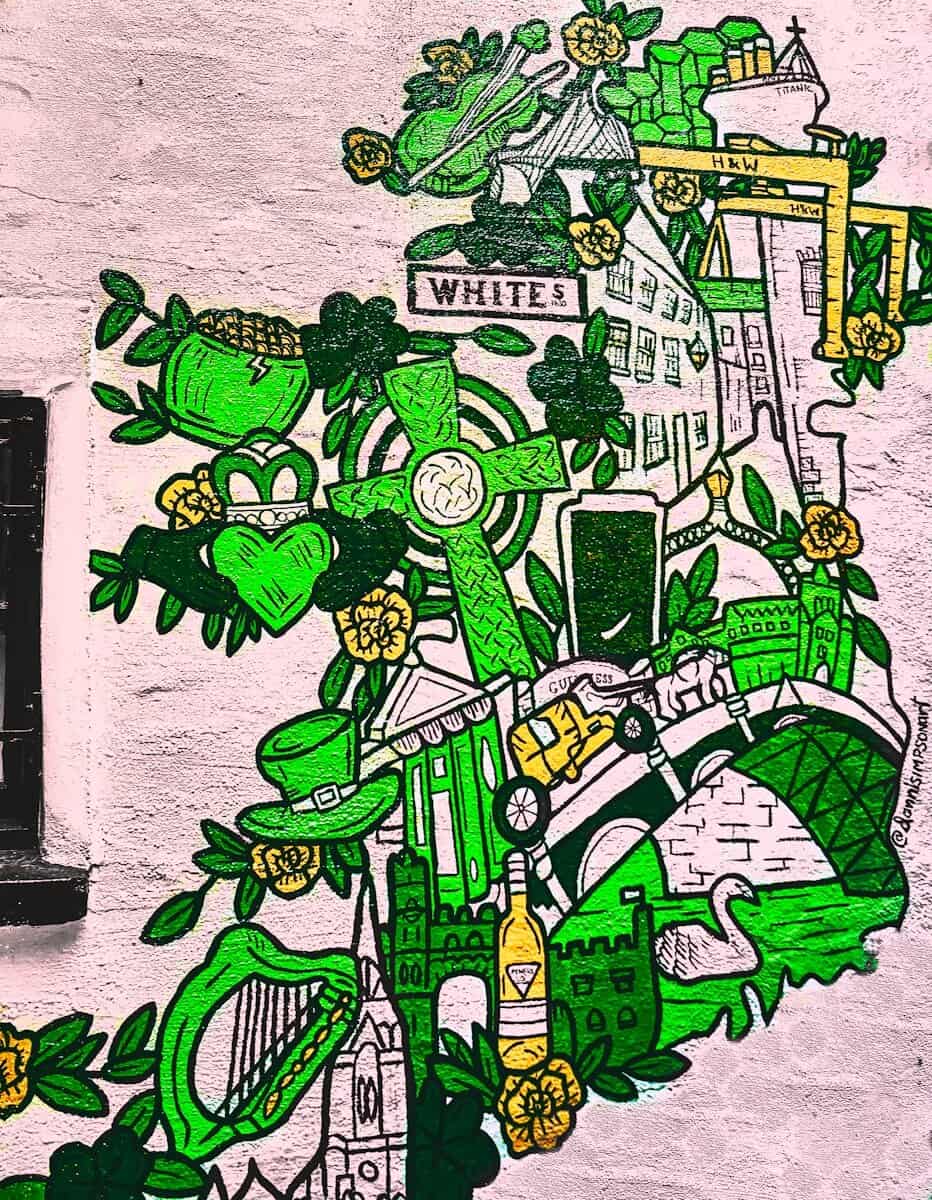Politics
Unionist Division: Are Nationalists Driving Moderate Dialogue?

In a recent interview, Mike Nesbitt, the former leader of the Official Unionist Party, expressed his vision for a unified approach within the unionist community. He proposed that the future should consist of two distinct unionist parties: one progressive and the other traditional. While Nesbitt’s perspective highlights a desire for cohesion, it raises questions about the practicality of his proposal, particularly regarding the relevance of his party amid dwindling support.
Nesbitt correctly asserts that a lack of progressive leadership risks relegating unionists to the sidelines of political discourse. He cited the persistent opposition to the recognition of the Irish language as evidence that traditional unionist strategies are faltering. An article in the *News Letter* recently warned of a “blitz” of Irish language signs across Belfast, suggesting an attempt to galvanize unionist sentiment against this development.
Historically, it has often been nationalists advocating for compromise amidst the polarizing unionist stance. Figures like Daniel O’Connell, who advocated for the repeal of the Act of Union while seeking to maintain a connection with England, exemplify this approach. O’Connell’s vision of a united Ireland under the “golden link of the crown” set the stage for the Home Rule movement, which aimed for self-governance while remaining loyal to the British monarchy.
The legacy of this moderate approach persists, as seen today in the rhetoric of leaders like Leo Varadkar and Mary Lou McDonald. Both politicians have discussed the concept of a “new Ireland” following potential reunification, even suggesting a rejoining of the British Commonwealth. Their willingness to engage in dialogue contrasts sharply with the steadfast unionist commitment to preserving Northern Ireland’s current status.
The challenge for Nesbitt lies in addressing why nationalists are perceived as the more moderate force within the unionist context. Many unionists focus heavily on retaining their connection to Britain and the sovereignty of Northern Ireland without considering the need for collaboration or compromise. This rigidity has been evident in the last decade, particularly through fervent opposition to the Northern Ireland Protocol and a notable hostility towards the Irish language.
For example, Jim Allister, a prominent unionist figure, previously described the proposed Irish Language Act as part of a “radical republican agenda” aimed at undermining Northern Ireland’s identity. Such sentiments echo historical expressions of resistance, dating back to the foundation of Northern Ireland itself. Loyalist MP William Grant once stated that the only individuals interested in the Irish language were “avowed enemies of Northern Ireland,” a sentiment that reflects a long-standing antagonism.
This opposition culminated in significant measures against the Irish language. In 1948, bilingual street signs were officially banned, and activists faced arrests under the Special Powers Act. Brian Faulkner, then Minister for Home Affairs, asserted that allowing street names in Irish was intolerable. Such hostility has proven counterproductive, fostering resentment and creating a cultural divide that persists to this day.
The current revival of the Irish language, encouraged by initiatives like Linda Ervine’s work in East Belfast, underscores the futility of unionist resistance. Far from being an enemy, Ervine represents a bridge between communities, demonstrating that efforts to suppress the Irish language have only served to fuel its resurgence. The irony is palpable; the more unionists attempt to diminish Irish identity, the stronger it appears to grow.
Moreover, the linguistic connections to place names in Northern Ireland highlight the inherent ties to the Irish language. Approximately 95% of place names derive from Irish, suggesting that an appreciation of this heritage may enrich residents’ understanding of their surroundings. For example, the name “Ballyhackamore” translates to “place of the big shite,” a fact many locals may remain unaware of.
Additionally, the name of the state itself, Northern Ireland, has roots in the goddess Ériu, whose legend represents a deep cultural history. This context is often overlooked in unionist discourse, which has failed to recognize the significance of the Irish language in the broader narrative of the region.
The entrenched unionist refusal to acknowledge the Irish language’s importance risks further alienation. The historical and contemporary rejection of this cultural facet has yielded no benefits for unionism. Instead, it may ultimately lead to a self-imposed isolation reminiscent of the destruction witnessed in Dresden during World War II.
In conclusion, as the political landscape shifts, the dialogue surrounding unionism must evolve. Achieving a new understanding that includes all voices, particularly those of nationalists advocating for moderation, is essential for fostering a more cohesive society. Only through this collaborative approach can the unionist community hope to navigate the complexities of identity and governance in Northern Ireland.
-

 Top Stories2 months ago
Top Stories2 months agoTributes Surge for 9-Year-Old Leon Briody After Cancer Battle
-

 Entertainment4 months ago
Entertainment4 months agoAimee Osbourne Joins Family for Emotional Tribute to Ozzy
-

 Politics4 months ago
Politics4 months agoDanny Healy-Rae Considers Complaint After Altercation with Garda
-

 Top Stories3 months ago
Top Stories3 months agoIreland Enjoys Summer Heat as Hurricane Erin Approaches Atlantic
-

 World4 months ago
World4 months agoHawaii Commemorates 80 Years Since Hiroshima Bombing with Ceremony
-

 Top Stories2 months ago
Top Stories2 months agoNewcastle West Woman Patricia Foley Found Safe After Urgent Search
-

 Top Stories4 months ago
Top Stories4 months agoFianna Fáil TDs Urgently Consider Maire Geoghegan-Quinn for Presidency
-

 World4 months ago
World4 months agoCouple Convicted of Murdering Two-Year-Old Grandson in Wales
-

 World4 months ago
World4 months agoGaza Aid Distribution Tragedy: 20 Killed Amid Ongoing Violence
-

 World4 months ago
World4 months agoAristocrat Constance Marten and Partner Convicted of Infant Murder
-

 Top Stories4 months ago
Top Stories4 months agoClimbing Errigal: A Must-Do Summer Adventure in Donegal
-

 Top Stories4 months ago
Top Stories4 months agoHike Donegal’s Errigal Mountain NOW for Unforgettable Summer Views









